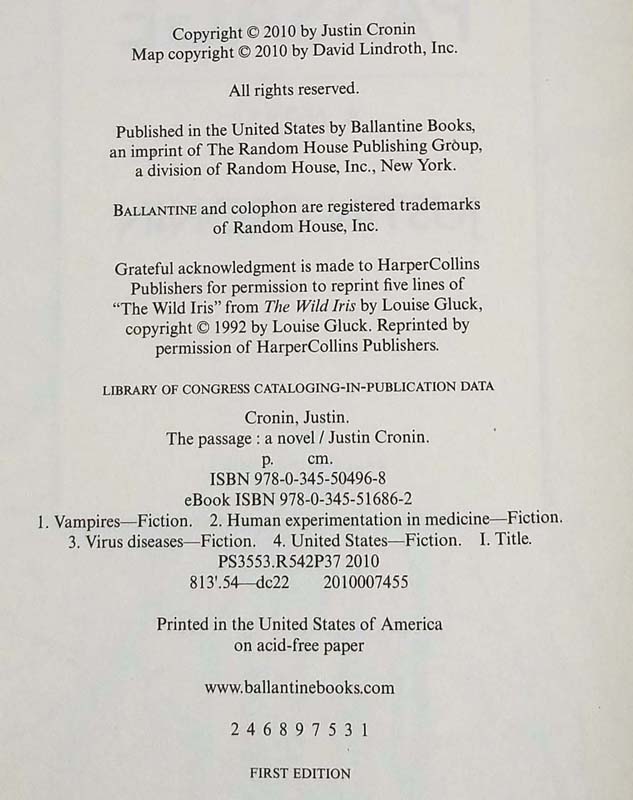



(The laws of idiotic cause and effect in The Passage's universe dictate: If there's a cage with a monster inside it, some idiot will dutifully open said cage.) In the first three episodes made available to press, the series boasts strong performances, agreeably hokey dialogue you'll likely be able to mouth along with the actors, too-brief but sorely needed flashes of humor, and characters who say and do some very, very stupid things only because the plot demands them to. It's pulpy going, sure - part I Am Legend, part The Walking Dead, part The Stand - but all those familiar, pulpy components cohere into something hugely satisfying, because Cronin is so good at establishing the vastness of the world he creates: shocks and twists abound, characters thought dead return after looooong absences, and there's a palpable sense of humanity's enduring legacy - its triumphs and missteps - on a planet where only a hardy few huddle together in far-flung outposts.Īuthor Interviews A Novel Reminder That Vampires Are Monsters, Too Combining apocalyptic fiction with straight-up horror, the books hop around in time - well, I say "hop" - they long-jump around in time, from the near-future, when a secret team of government scientists attempts to develop a formula that will render humanity immune to disease, to 1,000 years hence, long after that bright idea has borne its inevitable, nasty, blood-sucking fruit: vampires called "virals" that have wiped out most of the world. The best-selling trilogy of novels by Justin Cronin - The Passage, The Twelve and The City of Mirrors - collectively form an epic tale, sweeping in scope. I'll just wait here, shall I?": On The Passage, evil Tim Fanning (Jamie McShane) can't help but look bored as he bides his time.


 0 kommentar(er)
0 kommentar(er)
